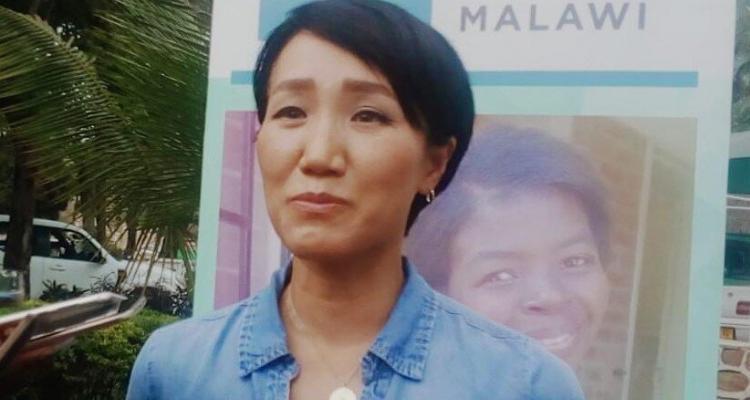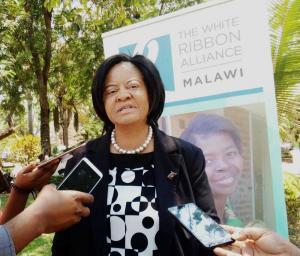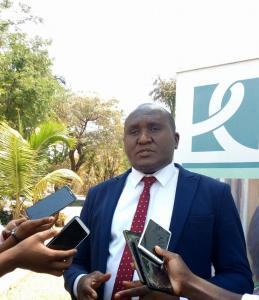
United Nations Population Fund (UNFPA) says teenagers and adolescents should have access to Sexual and Reproductive Health and Rights (SRHR) information and services if Malawi is to reduce number of teenage pregnancies.
The organization’s Country Representative Young Hong told journalists on Wednesday during Civil Society Organizations Consensus Building Workshop on SRHR Advocacy Malawi in Salima that it is important that policymakers focus on reaching to youths in communities so that the issue of teenage pregnancies and complications that occurs at later stage can be reduced.
Hong added that rapid population is affecting the country’s economy such that government is failing to cater all necessities needed by its citizens.

“SRHR should also be included in primary schools where teenage pregnancies are on rise,” she explained.
On her part, Director for Reproductive Health Services in the Ministry of Health Dr Fannie Kachale said government is committed to ensuring that SRHR among women and girls are achieved through provision of health services which includes family planning methods.
Kachale went on to say that donor partners have been supportive and government budget on the same is ensuring that all gaps are filled.

On his part, White Ribbon Alliance Executive Director Hester Mkwenda Nyasulu said issues of financing the area of SRHR more especially family planning program is much needed because donors are pulling out as such more is needed to be done in order to reach the required figure.
Nyasulu said after the workshop, the organization is going to involve a lot of stakeholders including parents, private sector, chiefs, religious leaders to support the girl child to stay in school and promote the use of family planning to reduce the rate of teenage pregnancies until the girl child reaches the age of getting pregnancy.
The two-day workshop which started on Wednesday will end on Thursday.
UNFPA is an international development agency that promotes the right of every woman, man and child to enjoy a life of health and equal opportunity.














